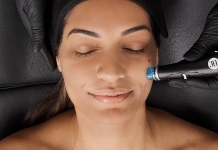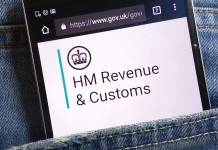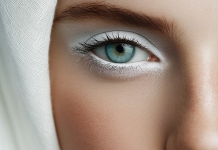Sustainability thrives in the prestige beauty market
 Sustainability is set to shape brand strategy in the prestige market for years to come, according to new research. Emma Fishwick explains how this trend is being driven by conscious consumerism.
Sustainability is set to shape brand strategy in the prestige market for years to come, according to new research. Emma Fishwick explains how this trend is being driven by conscious consumerism.
Sustainability is the number one topic for brands in the prestige beauty market as consumers demand a cleaner, greener approach to products, packaging, and the environment. The market has shifted substantially in the past few years and we have seen brands respond to the changing demands of conscious consumers with innovation. A notable shift is the reduction in unit sales: we saw a decline in unit sales in 2019 (declining 5%) compared to 2018.
This is because consumers are purchasing fewer single products, opting for multi-purpose, larger sized products. Hybrid, multi-purpose products are proving popular, especially those that combine skincare and make-up benefits. Transparency and traceability in the supply chain, in ingredients used and the formulation of products is a priority for the beauty buyer. The problems caused by over-packaging, a reliance on plastic and the creation and disposal of waste regularly make headlines in the beauty press. Carbon footprint and waste reduction are now part of the vernacular of the beauty industry.
Market innovation
The prestige beauty market is witnessing a renaissance with new ideas, concepts and market leading ideas driving innovation in beauty. Dior, Lancôme and Yves Saint Laurent have all developed refillable packaging for their super premium lines. Refillable fragrances have the potential to reduce waste. Kiehls is using sustainability sourced quinoa husk in products, Upcircle is one of many brands repurposing coffee grounds in body scrubs and the Body Shop is using bananas that have been rejected due to the incorrect shape and size in its latest hair conditioner. REN has championed beach clean-ups and has developed the first fully recyclable pump.
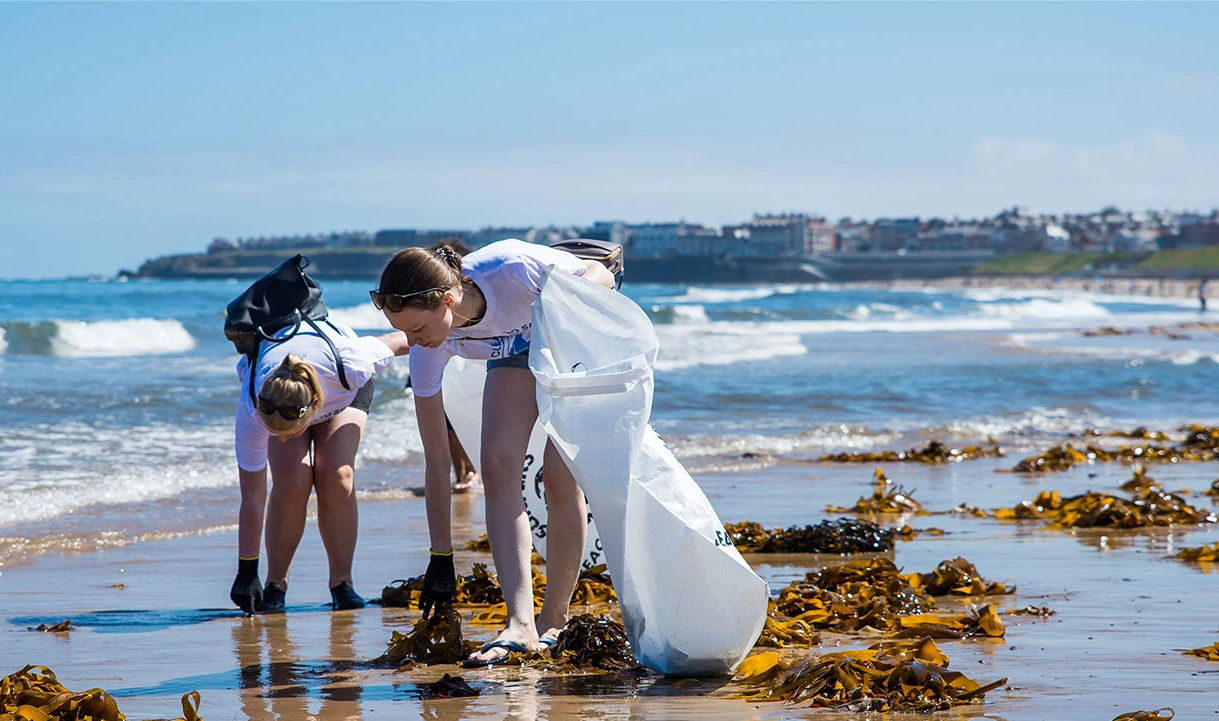
The eco story goes beyond beauty to the wider public. There is a strong social media movement to buy less as demonstrated by ‘Buy Nothing Day' in November. Amongst beauty devotees we are witnessing a backlash to the ‘beauty haul' videos on YouTube. Throughout 2019 and into 2020, the ‘anti-haul' video has grown in popularity. And Green Friday was launched as an antidote to Black Friday to champion sustainability over spending.
Eliminating Waste - TerraCycle
Recycling is a key messages across society. Many brands are moving to fully recyclable packaging in glass and aluminum. This isn't always possible or practical. TerraCycle provides one solution. It aims to eliminate the idea of waste by recycling hard-to-recycle plastic waste. It collects and recycles almost any form of waste and is proving a hit in the beauty sector. It partners with individual collectors and major consumer product companies, retailers and small businesses in over 20 countries to recycle packaging, diverting millions of tonnes of waste from landfill. Garnier, L'Occitane, DECIEM and Guerlain are just some of the beauty brands adopting this method.
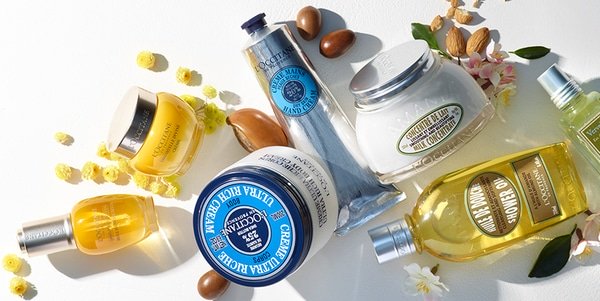
Many positive changes have been achieved such as the ban on microbeads in cosmetics and the awareness campaign around the use of disposable wipes. In a bid to increase sustainability, the European Commission has declared that by 2030 all plastic packaging in the EU must be recyclable. We believe that the beauty industry will be defined by its contributions to society, hence why many are now making public commitments to help the environment, reduce their carbon foot prints, reduce plastic and reuse and recycle where positive. These are becoming positive statements of empowerment.
Modern brand values
As the consumer becomes more educated about the environmental concerns caused by plastics, packaging and the carbon footprint of business, beauty brands have adapted to meet this seismic shift in attitudes and behaviours. Policy, strategy and brand visions now embrace the idea of becoming waste-free and carbon neutral. Gucci recently announced that it is carbon neutral in its own operations (including across its entire supply chain). Unilever's Sustainable Living Plan has created targets to reduce the weight of the company's packaging by one third by 2020 and halving the waste associated with the disposal of its products by 2020.
Emma Fishwick is Account Manager at NPD UK Beauty. NPD Group offers data, industry expertise, and prescriptive analytics to help businesses grow.
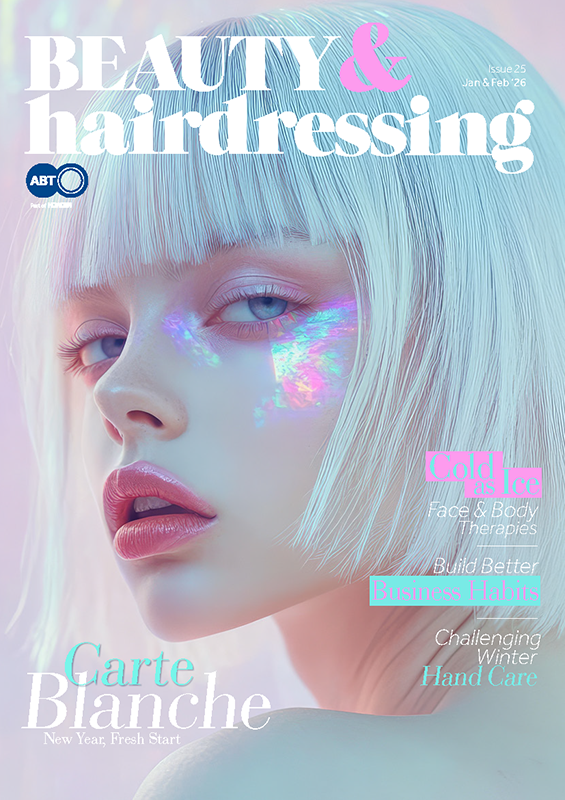
-13546.png)

